|
Seeing artistically does not happen automatically. We must constantly develop our powers of observation.
-Eugene Delacroix
I often receive messages from beginner artists asking me how or where to start for faster, more effective progress. The one skill I'd advise beginners to strategically work on developing right away is their observation. This may sound obvious, but there's so much misinformation out there that creates confusion among aspiring artists to the point that, lots of them, don't truly get started at all. Not to mention, there's such a desire to move forward at lightning speed, they skip over the basics (which only leads to hitting walls and plateaus). This is why I wanted to share today's message and tips with you. Why is building up your observational skills so important as a beginner artist? Being able to draw or paint doesn’t only involve knowing how to use your medium effectively. It's also about taking in visual information on a deeper level and thinking about it critically in order to replicate (and even improve) what you're seeing on paper/canvas. Without good observation, you simply won’t be able to draw or paint a subject accurately. *Unless you've already built up this skill in the past, you know your subject on a deep level, and have perhaps lost sight over the years. If a skilled, knowledgeable artist looses a percentage of her/his sight, in many cases she/he will be able to make up for the information she/he is lacking. Even abstract artists who’re working more intuitively and/or don’t use any type of reference photo or life subject, still need to make use of their observation as more colors, shapes, lines, and textures get added to the paper/canvas. By using their observation and critical thinking, they make choices as to what to add, subtract or alter to improve their visual compositions. This is why, as we move on in our art journeys, it’s essential to continue developing our observational skills alongside mastery over our medium(s). What is observation, exactly? Observation is a process that involves our eyes and our brains/conscious thought. Most non-artists tend to see things only at surface level. Great observation is about being conscious and aware of what’s in front of you, taking it in via all senses possible, and making connections. As artists, this practice allows us to better inform our work and more information gets stored in our brains long-term. Not to mention, it results in more expressive, unique artwork that has ourselves in it. 5 Practical Tips for Developing Your Observational Skills
1. Use references or draw/paint from direct observation If you're a beginner artist and you still believe things like: "real artists don't use references" or "real artists work solely from imagination", it's time to realize these are total myths and not how the creative process works (at least not for most of us). Continuing to believe this will only hinder your progress. In this blog post, I provide three examples of famous artists who used reference photos as inspiration for their work. Artists use all kinds of references, in all kinds of ways. *Think about it: If you don’t have anything to look at and study, how can you possibly build up your observational skills? It’s also through using references and drawing/painting from direct observation that we learn about essential Art Fundamentals such as Color, Light Behavior, Perspective and Anatomy. Also, remember: The way we think things look like is often not what they actually look like in real life. 2. Observe before putting pencil/paintbrush to paper Before jumping into the drawing or painting process, take a few minutes to observe your reference or whatever you have in front of you. Ask yourself questions such as:
Once you start with your drawing or painting, make sure you continue looking and analyzing. You can ask any professional artist that makes use of references or direct observation, and they’ll tell you that over 50% of their working time is spent observing!
3. Get to know your subject The more you know about your subject, the more you’ll notice. This is why it's so important, especially if you’re drawing/painting a subject that's new to you and/or is more complex, to inform yourself about it. Go beyond using just one single reference. Compile photos, watch videos, read about the characteristics that make it different from other subjects of its kind. Take notes. For example, if it's your first time drawing a portrait, you're likely going to arrive at much better results if you learn about the structure and proportions of the human head, as well as individual facial features, before jumping into the final piece.
4. Cut out distractions
In order to truly observe, we need to stay in the present and focus. The ability to focus deeply is uncommon in this fast-paced, constantly multitasking world. However, as artists, it’s important to develop this ability and also to protect our working time by minimizing distractions in order to “get in flow”. We must allow ourselves the time to immerse ourselves in our subjects. *A few things I do that help me stay focused are: I have my phone on Airplane Mode or in another room, I don’t have social media or any tabs open on my computer that I don’t absolutely need, and I let other people know I’ll be working to minimize interruptions. This may sound hard, but I promise it gets easier the more you do it! 5. Bring in all your senses Skilled observers will take in, analyze and remember their surroundings using every sense possible. Try engaging not only your sight, but also smell, touch, sound and taste. This will inform your work more fully and there will be much more of yourself in it because we all experience things differently. Try practicing this in your everyday life, even when you’re not preparing to create a new piece. It will help you turn this into a habit. Extra points if you actually record your observations in writing! *Bonus Tip Play memory games on your own or with a friend. Observe a scene or a photograph for a full minute, then write a descriptive paragraph about it without looking. Try recalling as many details as you can. It often helps to go from general towards specifics. I hope these tips were helpful!
0 Comments
Leave a Reply. |
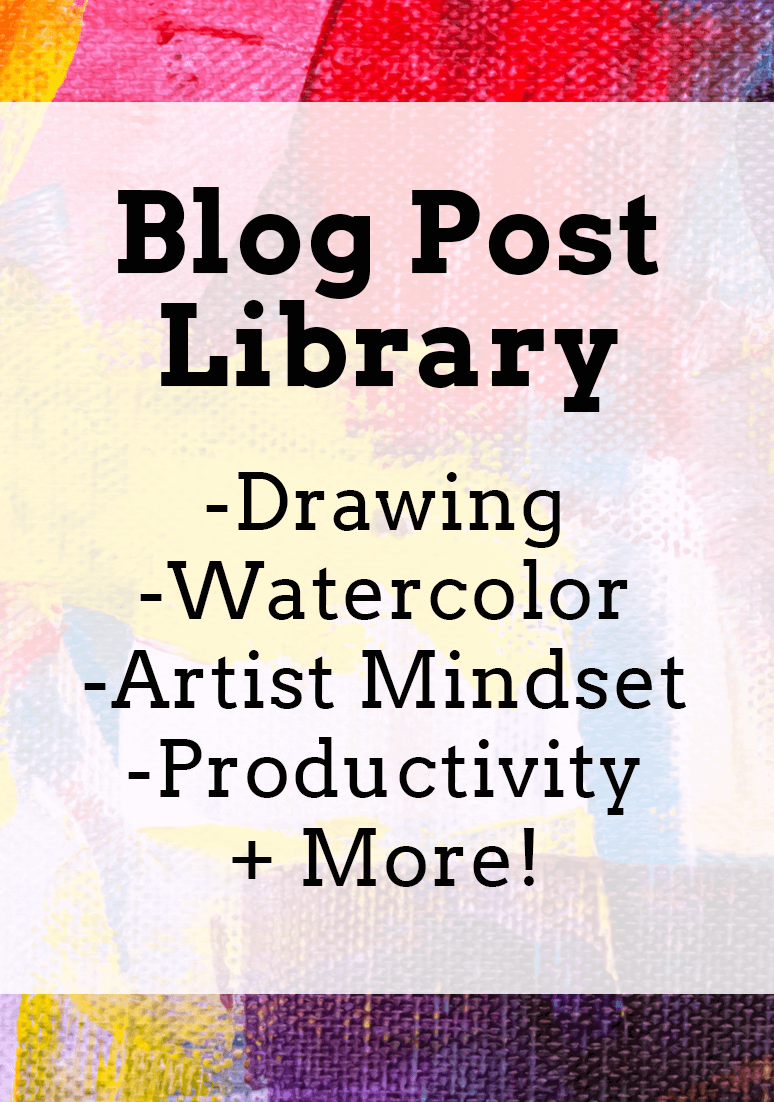
www.erikalancaster.com
is a participant in the Amazon Services LLC Associates Program, an affiliate advertising program designed to provide a means for sites to earn advertising fees by advertising and linking to amazon.com. www.erikalancaster.com is a participant in the Shareasale.com Affiliate Program, an affiliate advertising program designed to provide a means for sites to earn advertising fees by advertising and linking to Shareasale.com partner companies. |

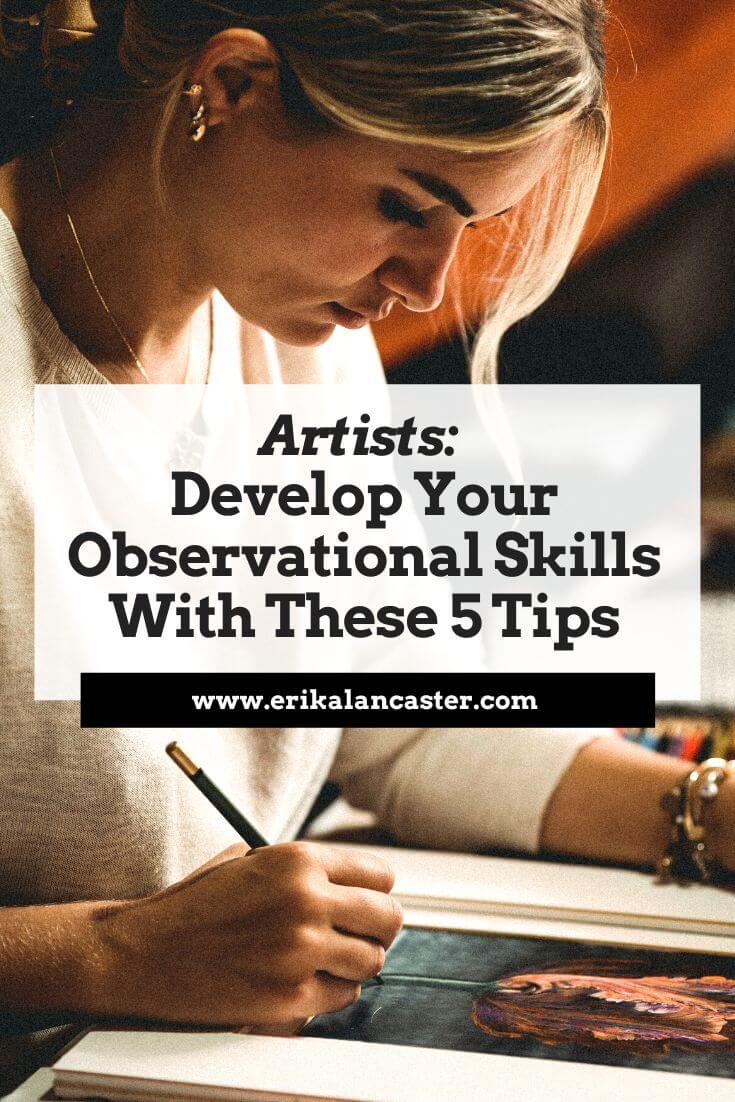
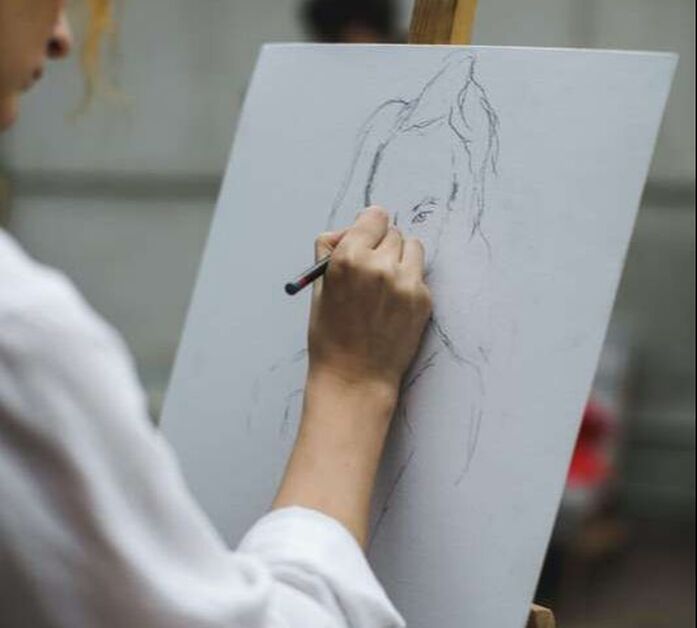
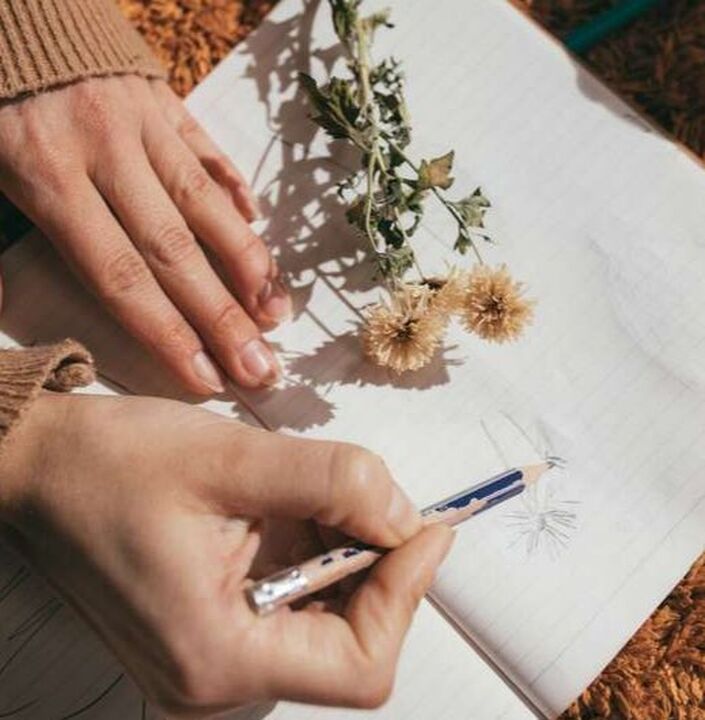
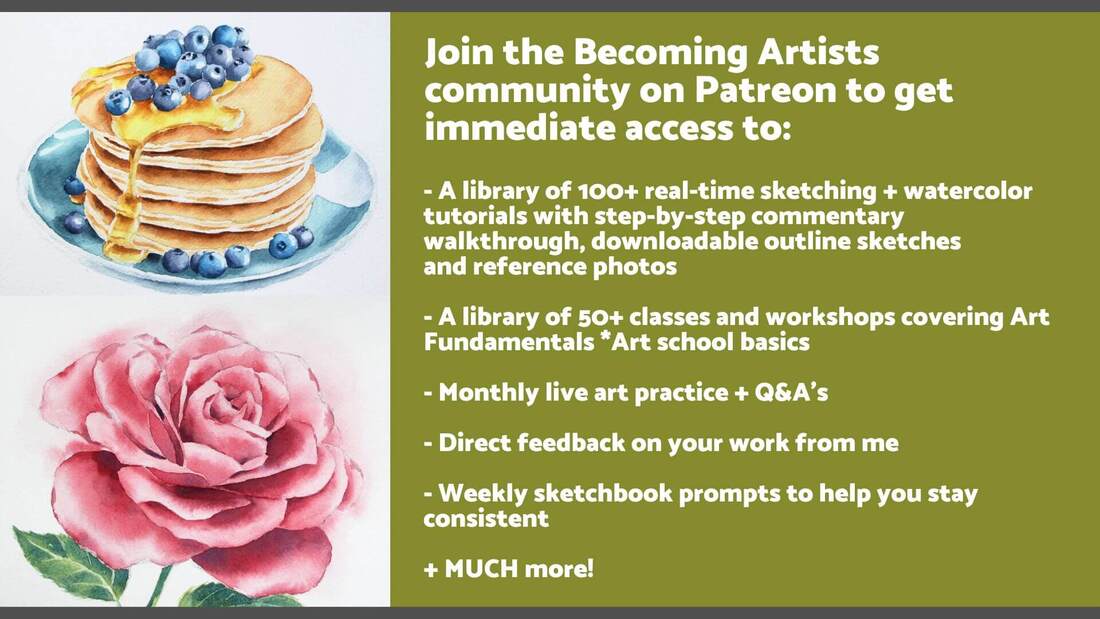
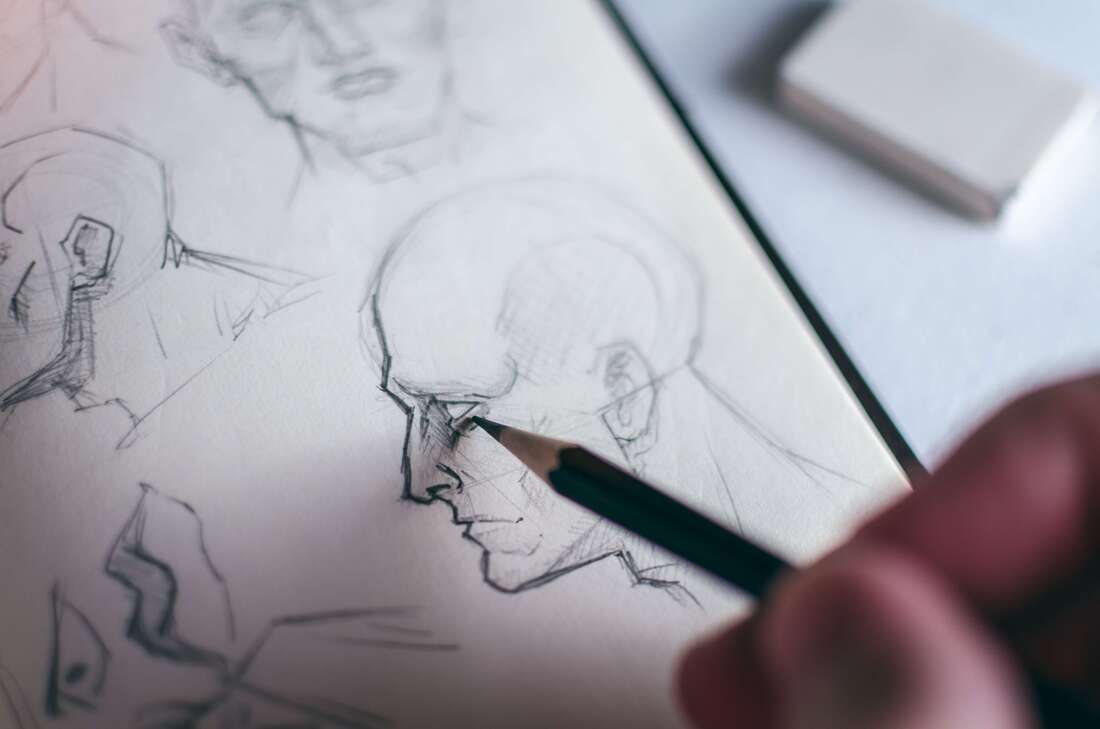
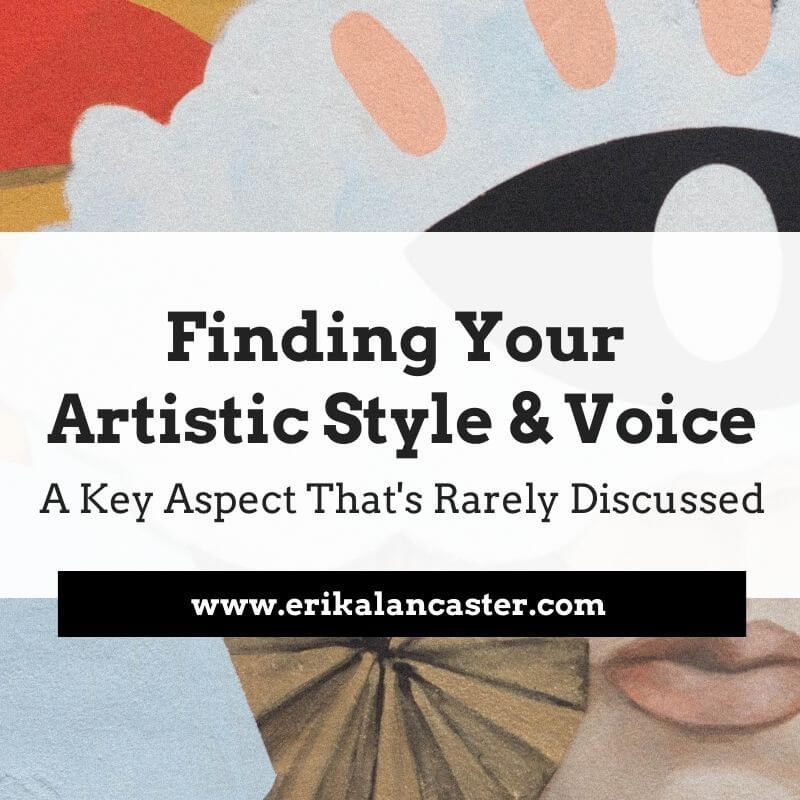
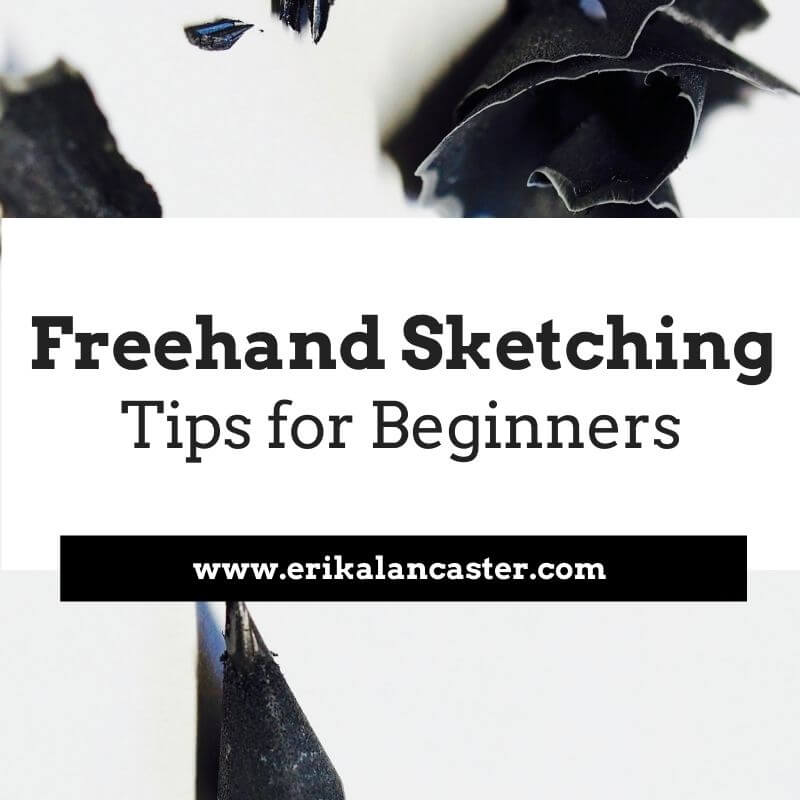
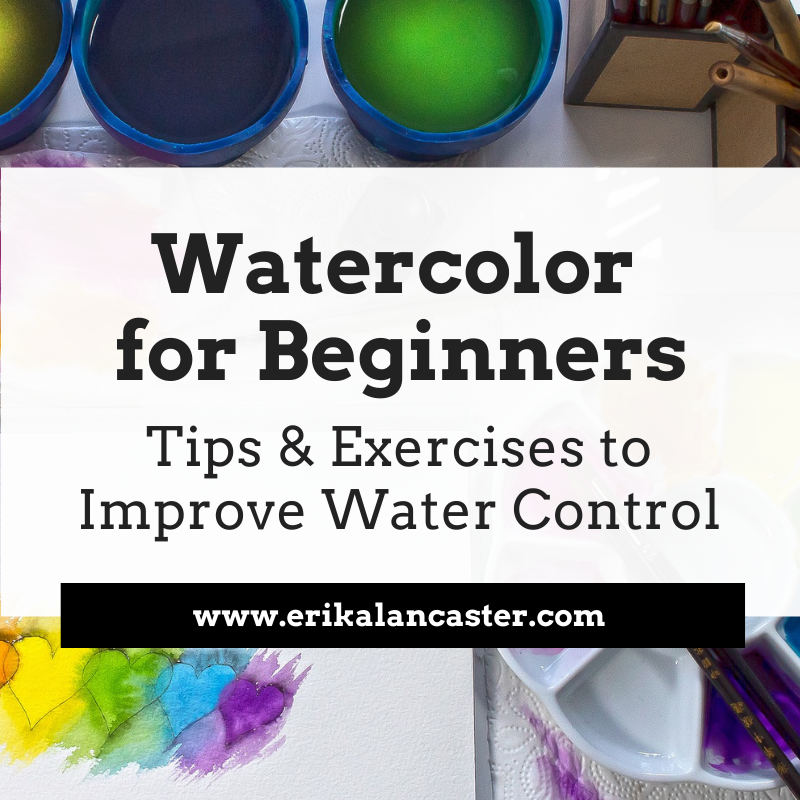
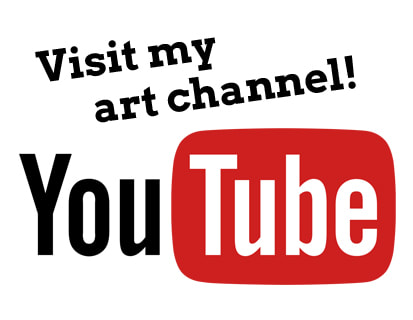
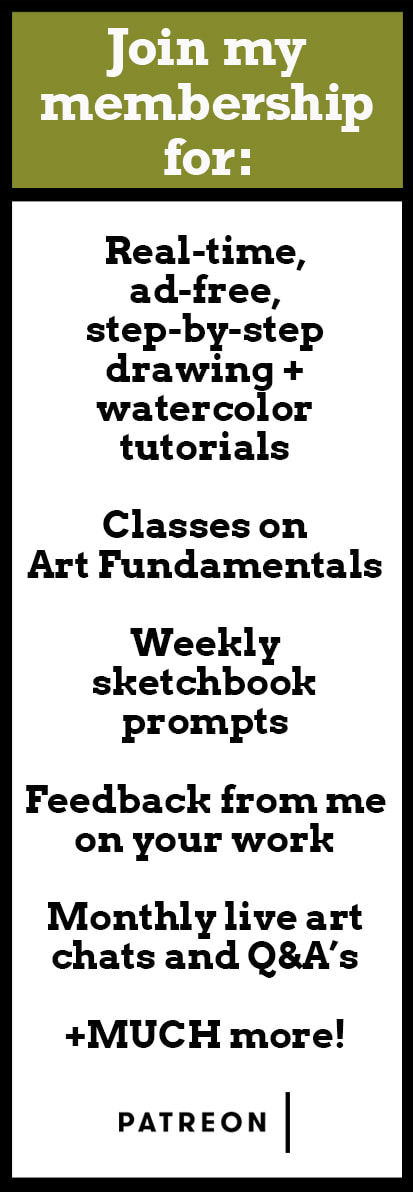
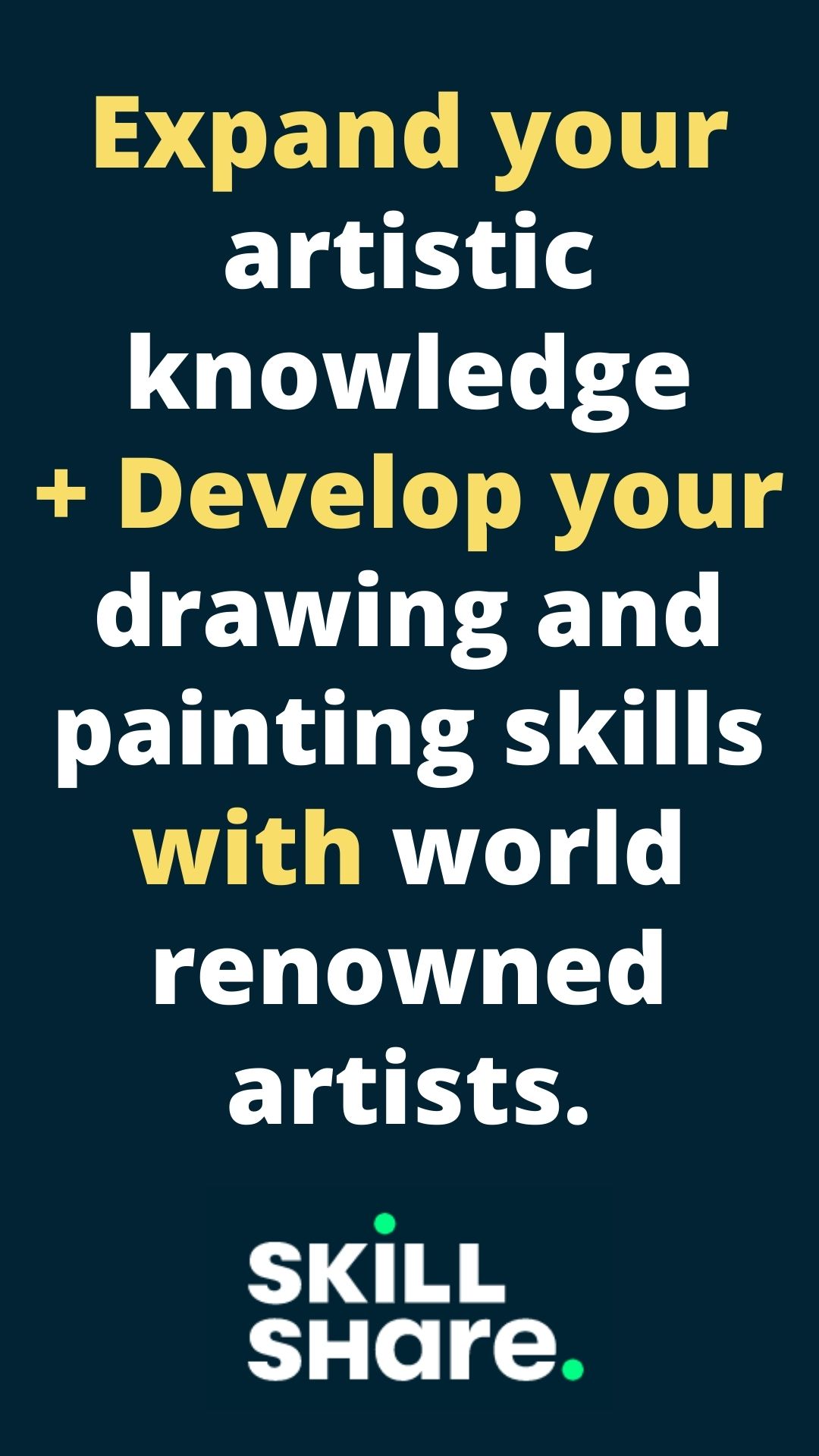

 RSS Feed
RSS Feed

